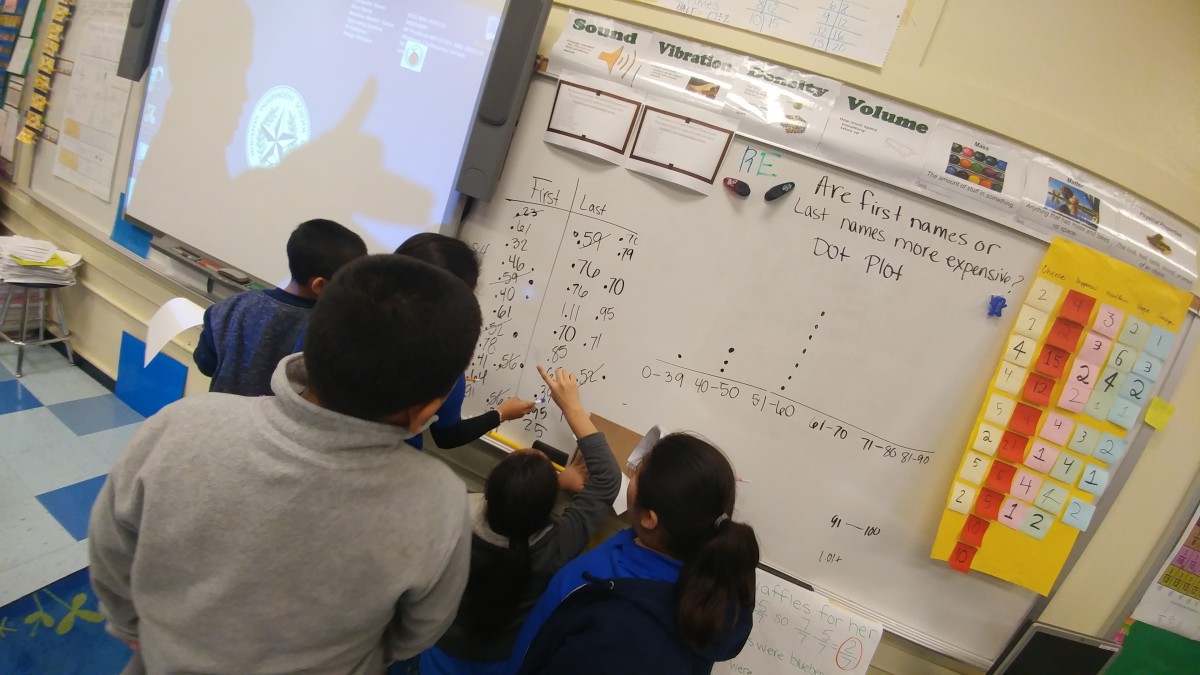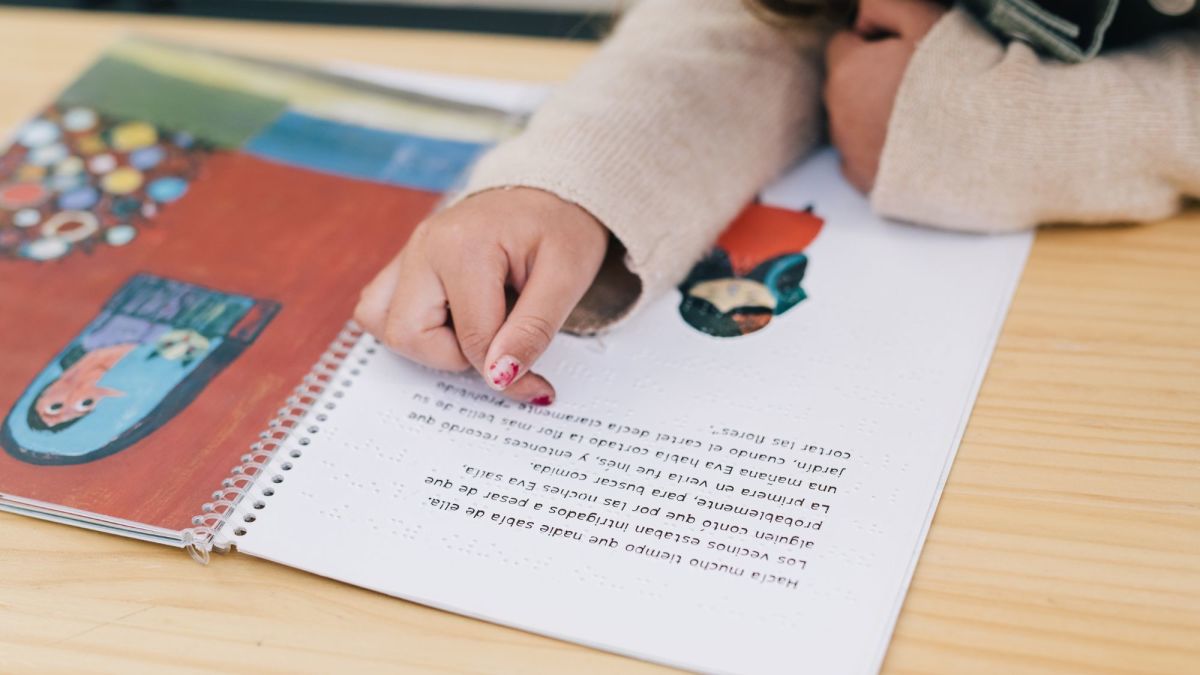5 Tips to help your child start the school year right
More than the ABCs



It's a New School Year
Let's face it, at some point, you have to cross your weary fingers and let go, hoping that your baby, who is now taller than you, has been listening all these years and is now ready to showcase the sound decision making skills you have been attempting to engrave on her brain since birth. You will not be there in class with her to hold her hand so the existence of a supportive learning environment at home is more important than ever.
I am not a professional child psychologist, or a teacher, just another sleep deprived parent who has learned over the years, what works and what probably will not. So here are a few pointers, opinions and tips to help your child get off to a great start at school this year.
1.) Show interest in their school work
No matter what grade, how old, or how smart they think they are, communicate with your child on a regular basis and become involved in what they are doing in school. Ask to see their homework each night. That said, you may have to find a creative way to accomplish this so it doesn't turn into a negative nightly ritual. Please avoid this at all costs. Find a way to make homework fun, whether you make a favorite food beforehand or make it a special time each night that you spend with your child. It typically gets harder with age so it is really imperative to get off on the right foot by building that positive connection now!
2.) Set up a homework place
That said, it is important to set up a place where they can consistently do their homework each afternoon or night. If space is tight, here are some great ideas on how to create a homework space just about anywhere! It does not have to be anything elaborate but you might want to involve your student in creating a quiet, comfortable, and thought provoking space with their favorite colors and fun images for a bit of inspiration. It is important that there are not distractions however, like phones, tvs, music, other children or adults, etc. and it is best to make homework time the same time each day so it becomes a daily ritual. Plans should be made around this time so your child will always value the importance of learning and their assignments. If you do not emphasize the importance of this, they will probably not value it either -- a parent's beliefs are more important than many parents realize!
3.) Establish a positive relationship with their teacher(s)
Work with your child's teacher, not against her. You want a clear "learning is important" message to reach your child and in order to do this, you must maintain communication with your child's teacher(s). It can really be helpful for a teacher with 30 kids to know that your daughter listens better in the front row or your son has a problem understanding certain math concepts. Be proactive, and you will find that most teachers welcome this, even encourage parental involvement. Teachers do not have an easy job to start with so in your child's best interest, never let your child hear you say anything negative about the teacher, school, etc. You and the instructor should be working as a team and if the child even senses that you are not, their energy will not be on learning and it can actually sabotage educational goals, which is not doing your child any favors. Discuss any problems or potential concerns or conflicts away from the child, never in front of them.
4.) Read Read Read!
Even if they aren't on solid food yet, no matter! Well maybe that's pushing it but I do know several Mothers that read to their babes before birth -- no kidding! The fact that you enjoy reading and establish a fun story time frequently demonstrates its importance to you, and your child will no doubt emulate this. Set aside a day to go to the library and let your kids check out books that interest them. It will also make school and life easier! If reading is something that your preschooler is accustomed to, they will have an easier time adjusting once school starts and the assignments begin. My son hated reading because it was difficult for him so one of his teachers suggested that I find stories about things like "Bigfoot" or other such stories that would fascinate a 2nd or 3rd grade boy. A brilliant example of thinking outside the assigned box. She was a fabulous teacher and one won't always be that lucky but she taught me an important lesson, if the curriculum isn't working, work the curriculum! Mind you, she was a special education teacher and most likely an instructor with 25 kids may not have the time for this so you must be prepared to step in! Don't be afraid to try new things, anything that works spells progress!
5.) Get involved with the school!
I know that it can be very difficult if you are working outside the home but again, time to get creative. Know who your kid's friends are, where they live, chat with the parents. If at all possible spend time volunteering at your child's school. It will make you and your student feel more connected and a part of the educational process. Encourage them to sign up for sports, art, anything your student shows an interest for. Make sure to support it and emphasize the importance of sticking with it until the end, even if they want to quit the girl's basketball team after the 2nd night. There is so much more to learn than basketball and they are looking to you for guidance and as an example, so make sure that you too make an effort to become part of the educational experience. You just might learn more than you ever expected to!
If you have any suggestions or tips that have worked for you (or not), I would love to hear about them and add to this Hub, with proper credits of course. It seems that kids grow up so quickly and we all want to make the experience as painless and productive as possible, for everyone.
Reducing homework stress
More child learning hubs
- Learning Disabilities in Children:Recognizing Symptoms & Coping Skills
Recognizing the symptoms of Learning Disabilities and acquiring a few solid coping skills allows you to take a more proactive stance as a parent. - The 3 Biggest Challenges in Dealing with a Learning Disabled Child
Because all children learn differently, it is more important than ever that parents become involved, focusing on their child's strengths & building confidence, not projecting worry and doubt!








